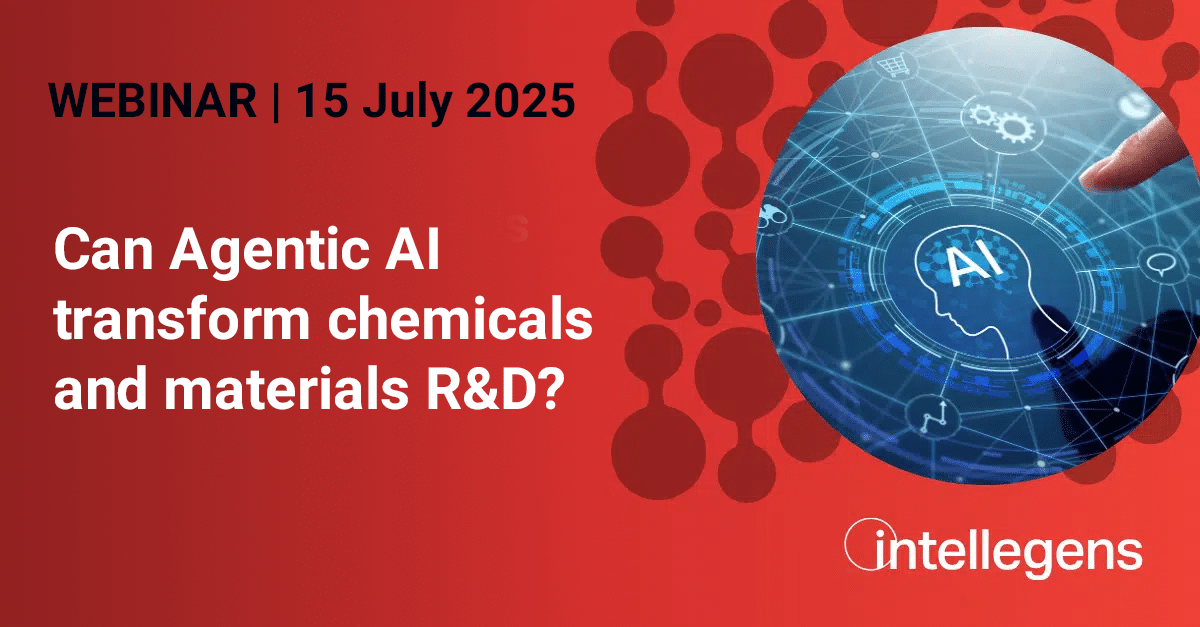A collaboration between the University of Cambridge, A*STAR and Nanyang Technological University in Singapore, assessed methods for predicting EV battery states and revealed that a data-driven machine learning model offers the most accurate predictions for state of charge and health

A collaboration between Dr Gareth Conduit (Cavendish Laboratory, University of Cambridge and co-founder of Intellegens), the Institute of Materials Research and Engineering at A*STAR, and Nanyang Technological University assessed various machine learning (ML) approaches for fast and accurate battery state prediction. The review article was published in Nature Machine Intelligence.
Demand for electrification of transport has emerged in recent years, due to increasing concerns about global warming. The performance, cost, and safety of batteries determine the successful development of electric vehicles (EVs) and currently, Lithium-ion (Li-ion) batteries are the preferred choice for EVs due to their cycle life and reasonable energy density. However, further research of Li-ion batteries will result in more complicated battery dynamics, where safety and efficiency will become a concern. Therefore, an advanced battery management system that can optimize and monitor safety is crucial for the electrification of vehicles.
Machine learning algorithms have been implemented to predict state of health, state of charge, and remaining useful life. Data-driven models have drawn attention in recent years, and combined with machine learning techniques, these models appear to be more powerful and able to predict without a priori knowledge of the system and have the potential to achieve high accuracy with low computational cost. With the reduced costs of data storage devices and advancement of computational technologies, data-driven machine learning seems to be the most promising approach for advanced battery modelling in the future.
Dr Gareth Conduit commented
“the insights in this review article could have a transformative effect on the battery industry. Highlighting how machine learning can accurately predict and improve the health and life of a battery will enable manufacturers to embed this software straight into their battery devices and improve their in-life service for the consumer.”
Dr Gareth Conduit is a Royal Society University Research Fellow at the University of Cambridge and has a track record of applying artificial intelligence to solve real-world problems, with research contracts held with companies spanning from materials science to healthcare. He is the co-founder and CTO at Intellegens, which has developed Alchemite™, a revolutionary suite of software tools that enables organisations to harness the power of deep learning to guide the design of new advanced materials, chemicals, batteries, and drugs, resulting in reduced costs, reduced development cycles and optimised solutions.
Read the paper here.
About A*STAR: Agency for Science, Technology and Research
The Agency for Science, Technology and Research (A*STAR) drives mission-oriented research that advances scientific discovery and technological innovation. We play a key role in nurturing and developing talent and leaders for our Research Institutes, the wider research community, and industry. Our research creates economic growth and jobs for Singapore. As a Science and Technology Organisation, we bridge the gap between academia and industry in terms of research and development. For more information visit https://www.a-star.edu.sg/
About Nanyang Technological University
A research-intensive public university, Nanyang Technological University, Singapore (NTU Singapore) has 33,000 undergraduate and postgraduate students in the colleges of Engineering, Business, Science, and Humanities, Arts and Social Sciences, and its Graduate College. NTU’s Lee Kong Chian School of Medicine was established jointly with Imperial College London.
For more information visit https://www.ntu.edu.sg
Reference: Man-Fai Ng, Jin Zhao, Qingyu Yan, Gareth J. Conduit, Zhi Wei Seh (2020). Predicting the State of Charge and Health of Batteries using Data-Driven Machine Learning. Nature Machine Intelligence
DOI 10.1038/s42256-020-0156-7. https://www.nature.com/articles/s42256-020-0156-7

